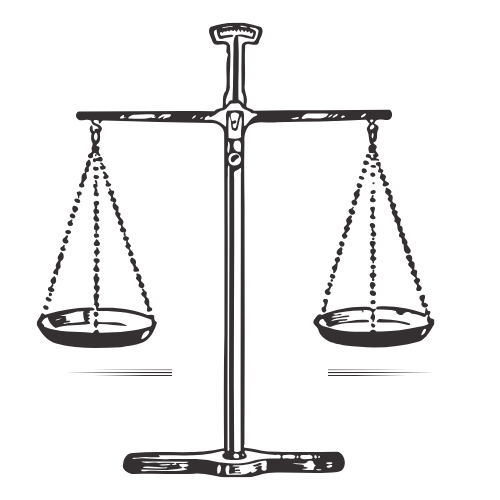
Civil litigation in Alberta:
In the province of Alberta, civil litigation plays a crucial role in resolving disputes between individuals, businesses, and other entities. Whether it’s a contractual disagreement, a personal injury claim, or a dispute over property rights, understanding the process of filing a civil claim in Alberta is essential for anyone involved in legal proceedings. In this guide, we’ll explore the ins and outs of civil lawsuits in Alberta, covering everything from the initial stages of a lawsuit to the resolution of disputes in court.
Understanding Civil claims in Alberta:
Civil claims refers to the legal process of resolving disputes between individuals or entities through the court system. Unlike criminal cases, where the state prosecutes individuals for violating laws, civil claim involves private parties seeking remedies for perceived wrongs. Common types of civil lawsuits in Alberta include contract disputes, personal injury claims, employment disputes, and family law matters.
The Process of Civil Litigation:
1) Pre-Litigation Phase: Before filing a lawsuit, parties typically attempt to resolve their disputes through negotiation or alternative dispute resolution methods such as mediation or arbitration. This phase allows parties to explore potential solutions without resorting to litigation.
2)Commencement of Proceedings: If pre-litigation efforts fail to resolve the dispute, the plaintiff may commence legal proceedings by filing a Statement of Claim with the appropriate court. The Statement of Claim outlines the plaintiff’s allegations and the relief sought.
3)Defence and Counterclaim: Upon being served with the Statement of Claim, the defendant has a specified period to file a Statement of Defence responding to the allegations. The defendant may also file a Counterclaim against the plaintiff, asserting their own claims arising from the same facts.
4)Discovery: The discovery process allows each party to obtain relevant information and evidence from the opposing party through methods such as examinations for discovery, document production, and interrogatories.
5)Pre-Trial Proceedings: Before trial, parties may engage in various pre-trial proceedings, including motions for summary judgment, settlement conferences, and procedural hearings to address issues such as evidence admissibility.
6)Trial: If the case proceeds to trial, both parties present their evidence and arguments before a judge or jury, who will ultimately decide the outcome of the case based on the applicable law and evidence presented.
7)Appeals: Following a trial court’s decision, parties may have the right to appeal the judgment to a higher court if they believe errors were made during the trial or if they disagree with the outcome.
Key Considerations in Civil lawsuits in Alberta:
- Limitation Periods: It’s important to be aware of the limitation periods that govern how long you have to commence legal proceedings for your claim. Failure to file a lawsuit within the applicable limitation period may result in the claim being barred.
- Legal Representation: While individuals have the right to represent themselves in civil claim proceedings (referred to as self-represented litigants), seeking legal representation from a qualified lawyer can significantly improve your chances of success and ensure that your rights are protected throughout the process.
- Costs and Fees: Civil lawsuits can be costly, with expenses including court fees, legal fees, expert witness fees, and other expenses associated with preparing and presenting your case. Understanding the potential costs involved is essential for effective litigation planning.
- Alternative Dispute Resolution: Parties are encouraged to consider alternative dispute resolution methods such as mediation or arbitration as a means of resolving their disputes outside of court. These methods can often be faster, less adversarial, and more cost-effective than traditional litigation.
- Enforcement of Judgments: Obtaining a favorable judgment is only the first step in achieving a successful outcome in civil lawsuit. Ensuring compliance with court orders and enforcing judgments against the opposing party may require additional legal proceedings and enforcement mechanisms.
Conclusion
Civil litigation in Alberta is a complex and multifaceted process that requires careful navigation and strategic planning. Whether you’re involved in a contract dispute, personal injury claim, or other civil matter, understanding the legal framework and procedural requirements is essential for achieving a favorable outcome. By familiarizing yourself with the process outlined in this guide and seeking the assistance of qualified legal professionals when needed, you can effectively navigate the challenges of civil litigation in Alberta and protect your rights and interests.